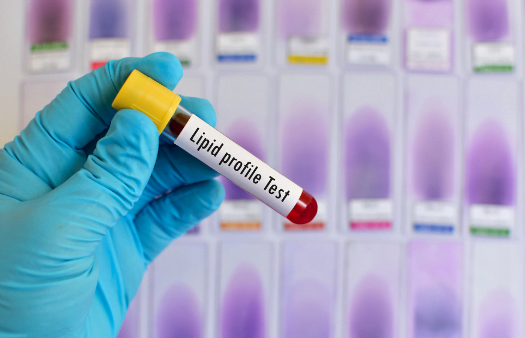Phospholipid Profile Testing in Veterinary Cell Cultures
The phospholipid profile of cells is a critical aspect of understanding cell health and function, particularly in the context of veterinary science. Phospholipids are essential components of cellular membranes, playing vital roles in maintaining structural integrity, facilitating signal transduction, and providing a platform for enzymatic activities.
Phospholipid profile testing is especially important in the evaluation of cell cultures used in veterinary applications. This service focuses on analyzing phospholipids within these cultures to ensure they meet the necessary quality standards required for clinical use. Our testing covers various types of phospholipids, including phosphatidylcholine (PC), phosphatidylethanolamine (PE), phosphatidylserine (PS), and others.
Our approach begins with meticulous sample preparation to ensure accurate results. This includes the extraction of phospholipids using appropriate solvents followed by separation techniques like thin-layer chromatography (TLC) or high-performance liquid chromatography (HPLC). We then quantify each phospholipid component through precise analytical methods such as mass spectrometry and nuclear magnetic resonance spectroscopy (NMR).
The data obtained from these analyses provides insights into the overall health of the cell cultures, which can be crucial for research purposes or regulatory compliance. Understanding the phospholipid composition helps in optimizing culture conditions to enhance cell viability and functionality.
For instance, deviations in the normal ratio of specific phospholipids might indicate stressors affecting the cells, prompting further investigation into potential causes such as nutrient deficiencies, contamination, or environmental factors. This information is invaluable for R&D teams working on developing new treatments or diagnostic tools.
The acceptance criteria for our testing adhere to international standards like ISO and ASTM, ensuring consistency and reliability across different laboratories worldwide. Compliance with these standards is crucial for the validity of results in both research and regulatory submissions.
- International Acceptance and Recognition: Our laboratory participates in proficiency testing programs recognized internationally, such as those conducted by AABV (American Association of Veterinary Clinicians) and ECVAM (European Centre for the Validation of Alternative Methods). These programs ensure our methods are up-to-date with global best practices.
- Environmental and Sustainability Contributions: We employ eco-friendly solvents in our extraction processes and utilize energy-efficient equipment. Additionally, we participate in initiatives promoting sustainable laboratory practices within the industry.
Eurolab Advantages
At Eurolab, we pride ourselves on delivering accurate, reliable, and timely phospholipid profile test results. Our state-of-the-art facilities are equipped with the latest analytical instruments, providing precise measurements that are essential for understanding complex biological systems.
- Expertise: Our team consists of highly skilled professionals who possess extensive experience in cellular biology and biochemistry, ensuring that every test is conducted with expertise.
- Comprehensive Reporting: We provide detailed reports that not only include quantitative data but also interpretative comments, offering valuable insights into the implications of the results.
- Fast Turnaround Time: Our streamlined processes allow for quick turnaround times without compromising on accuracy or thoroughness.





